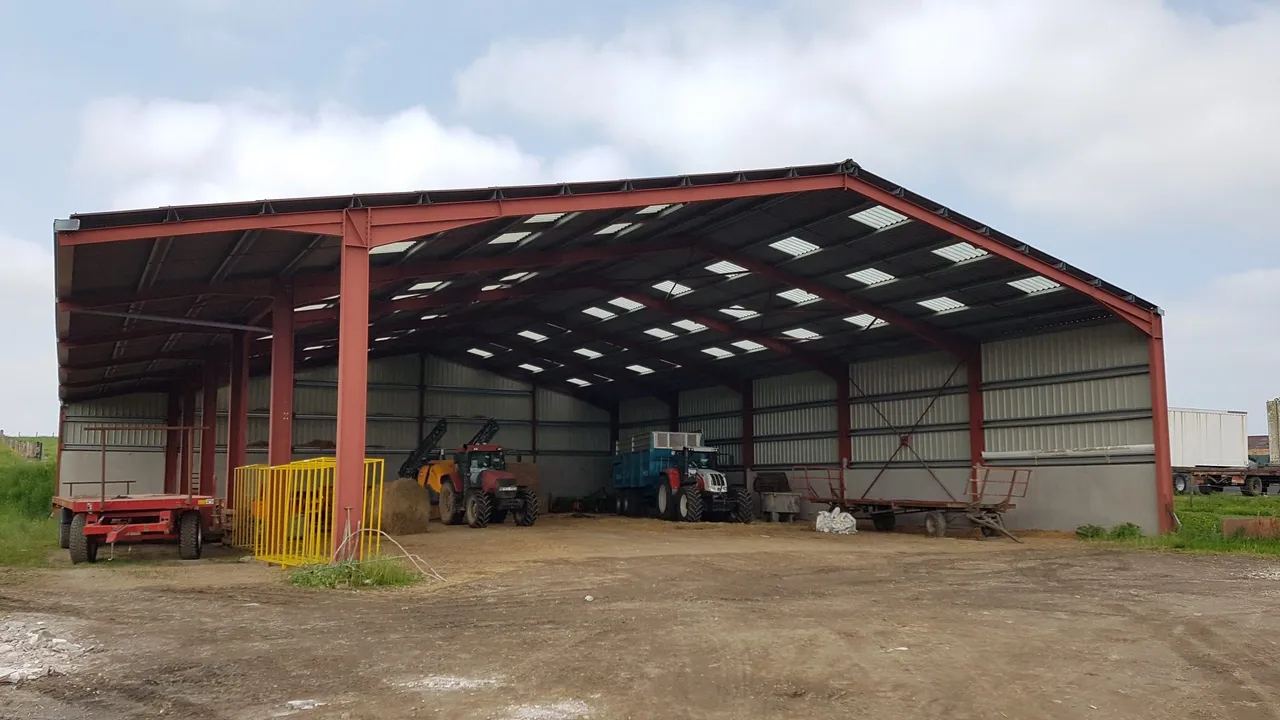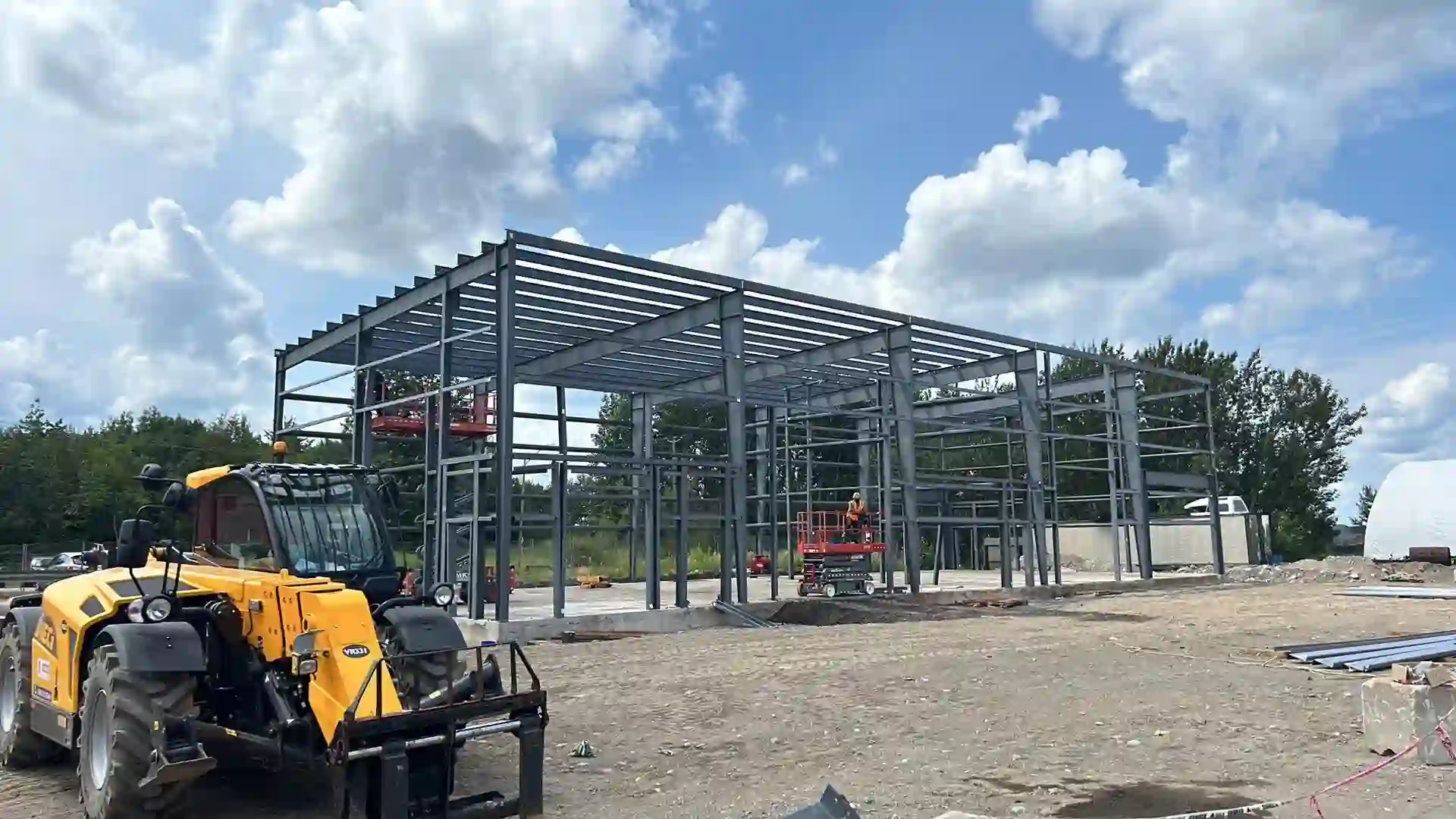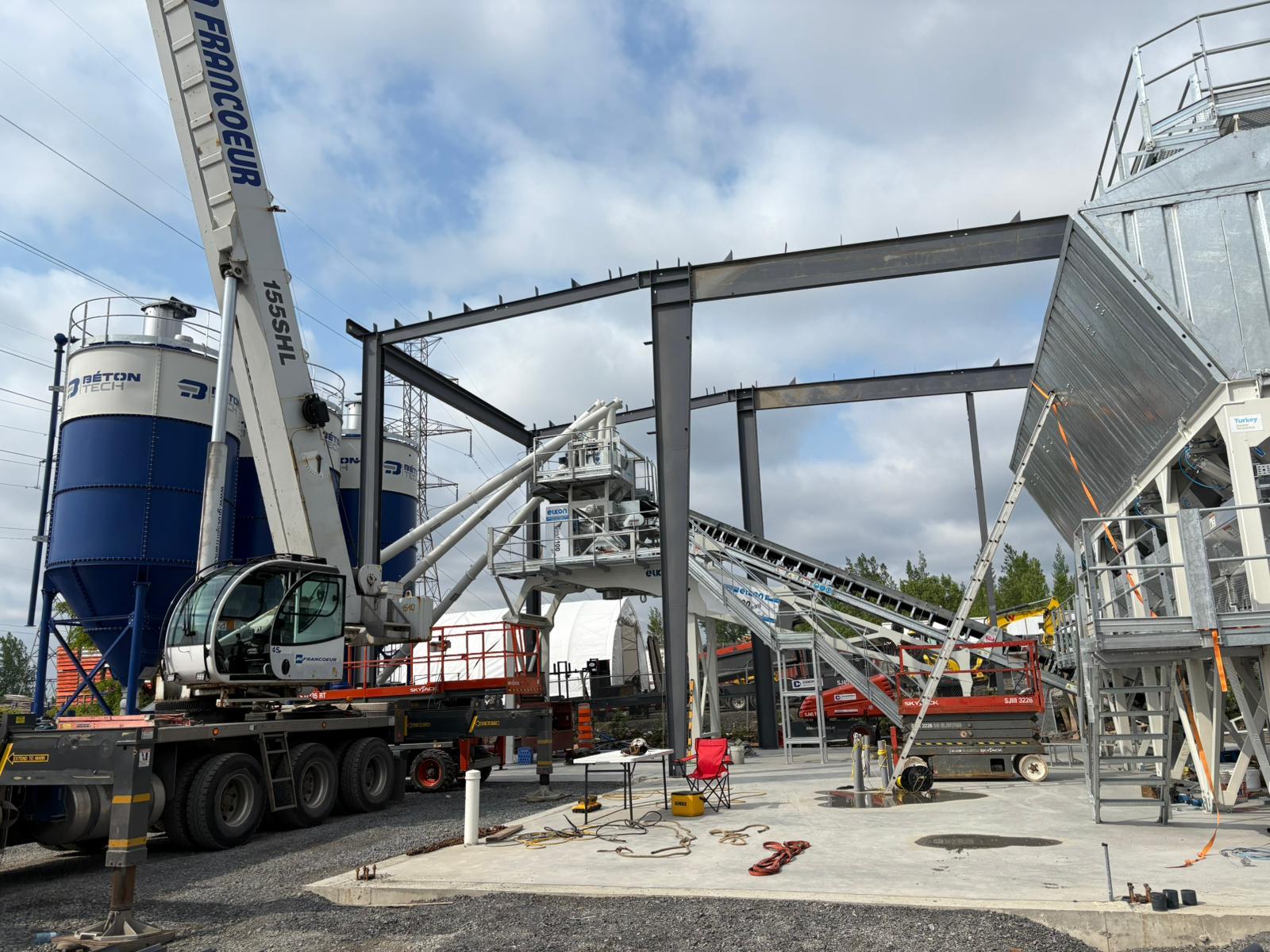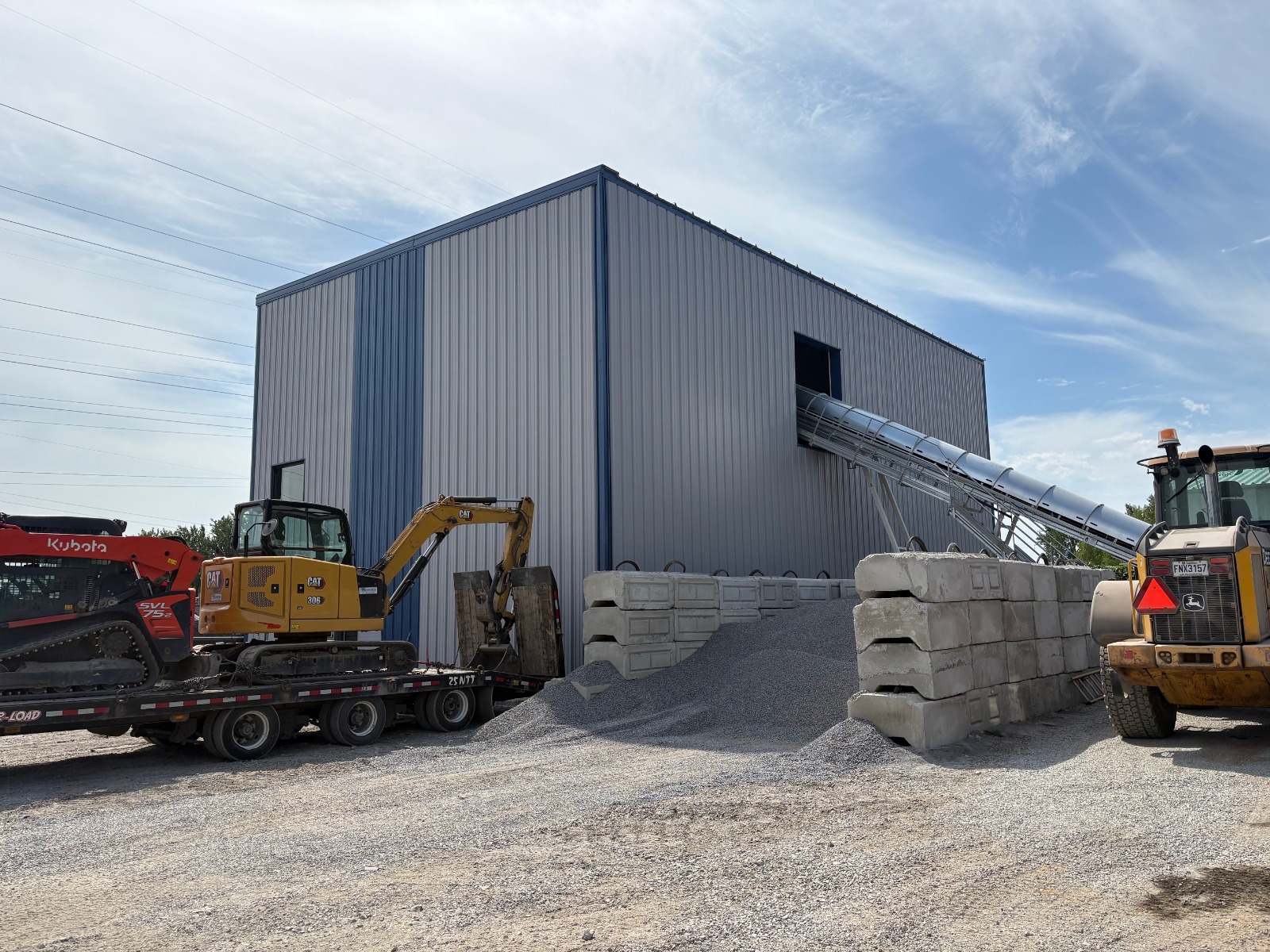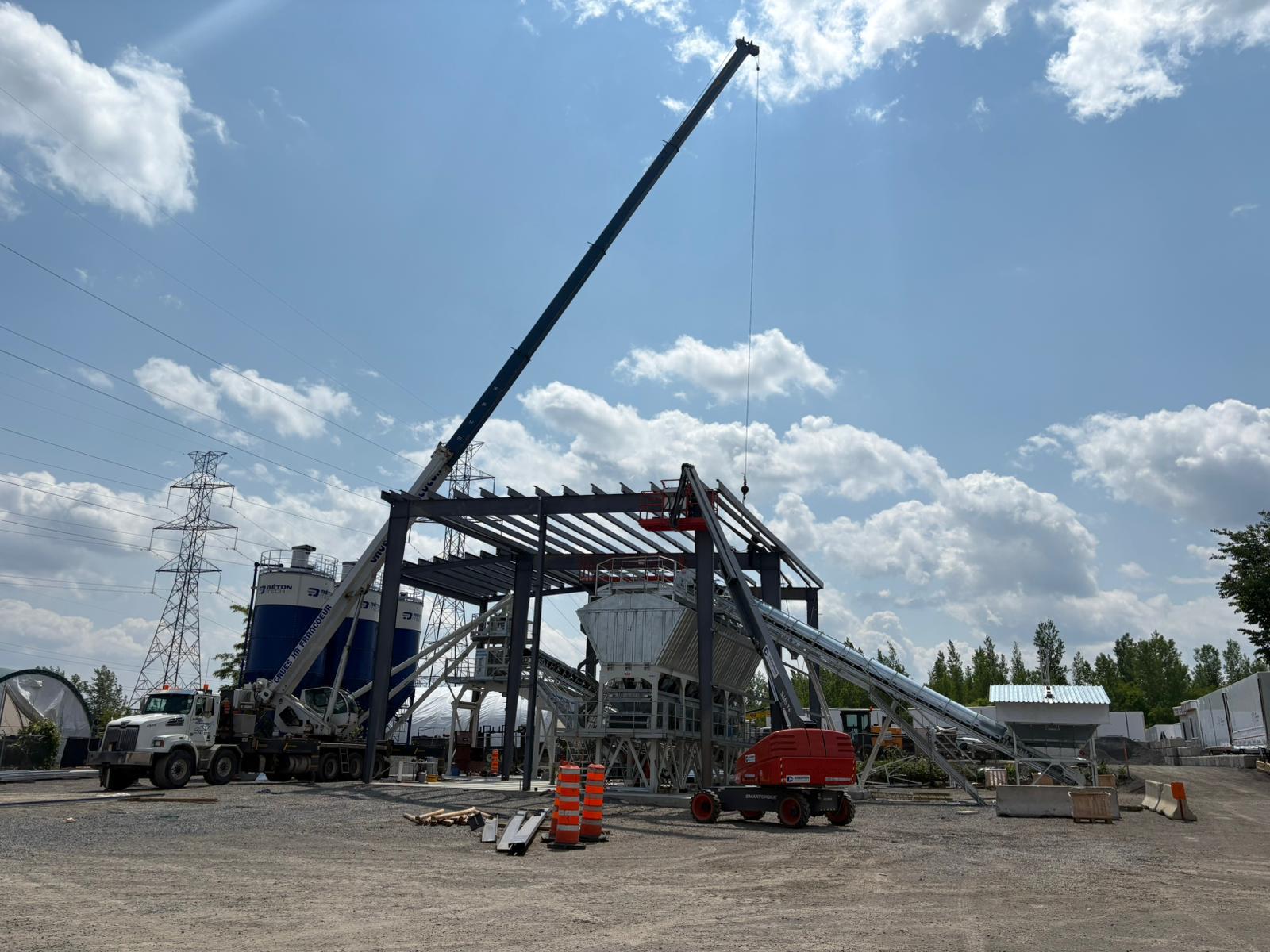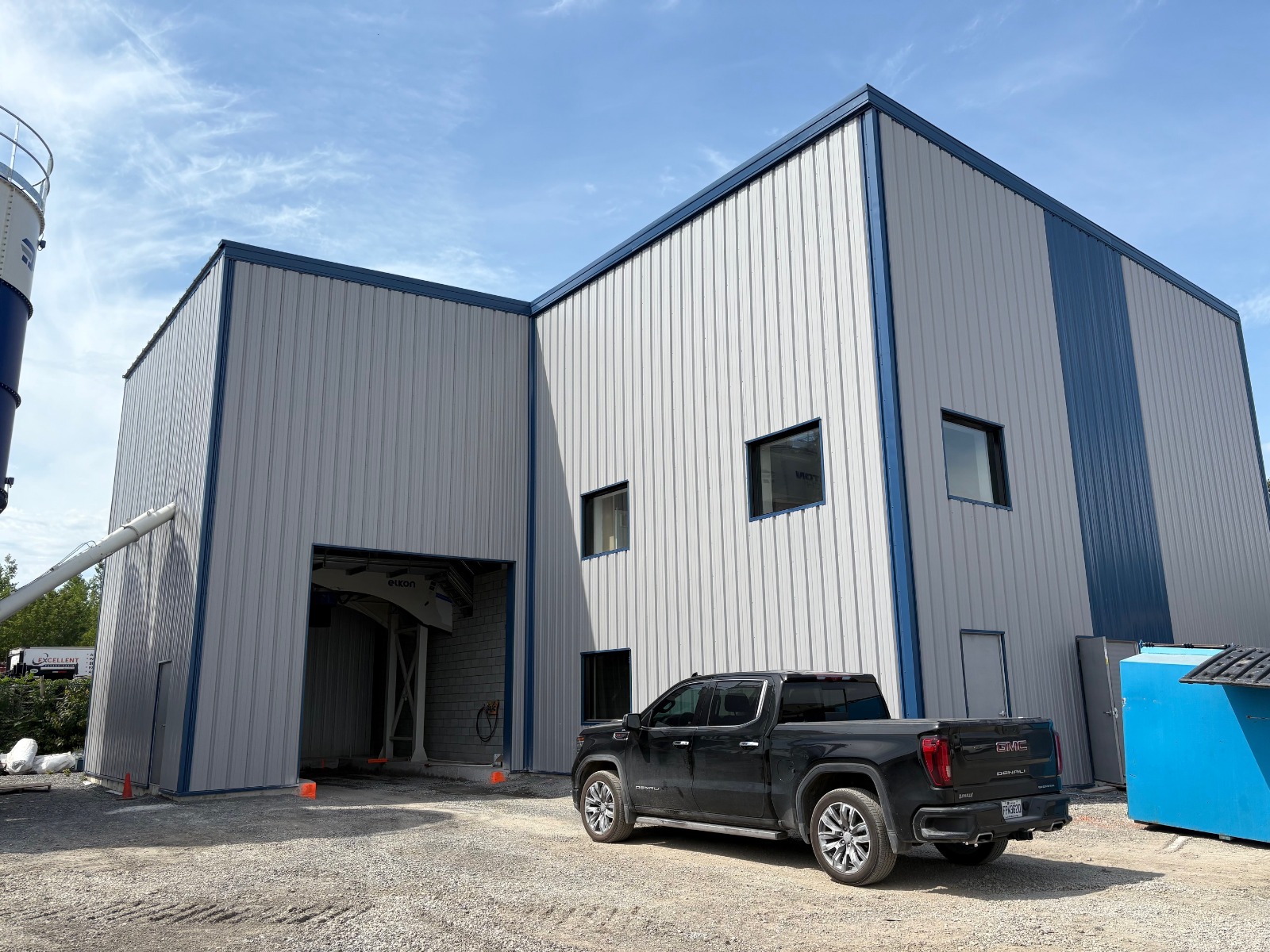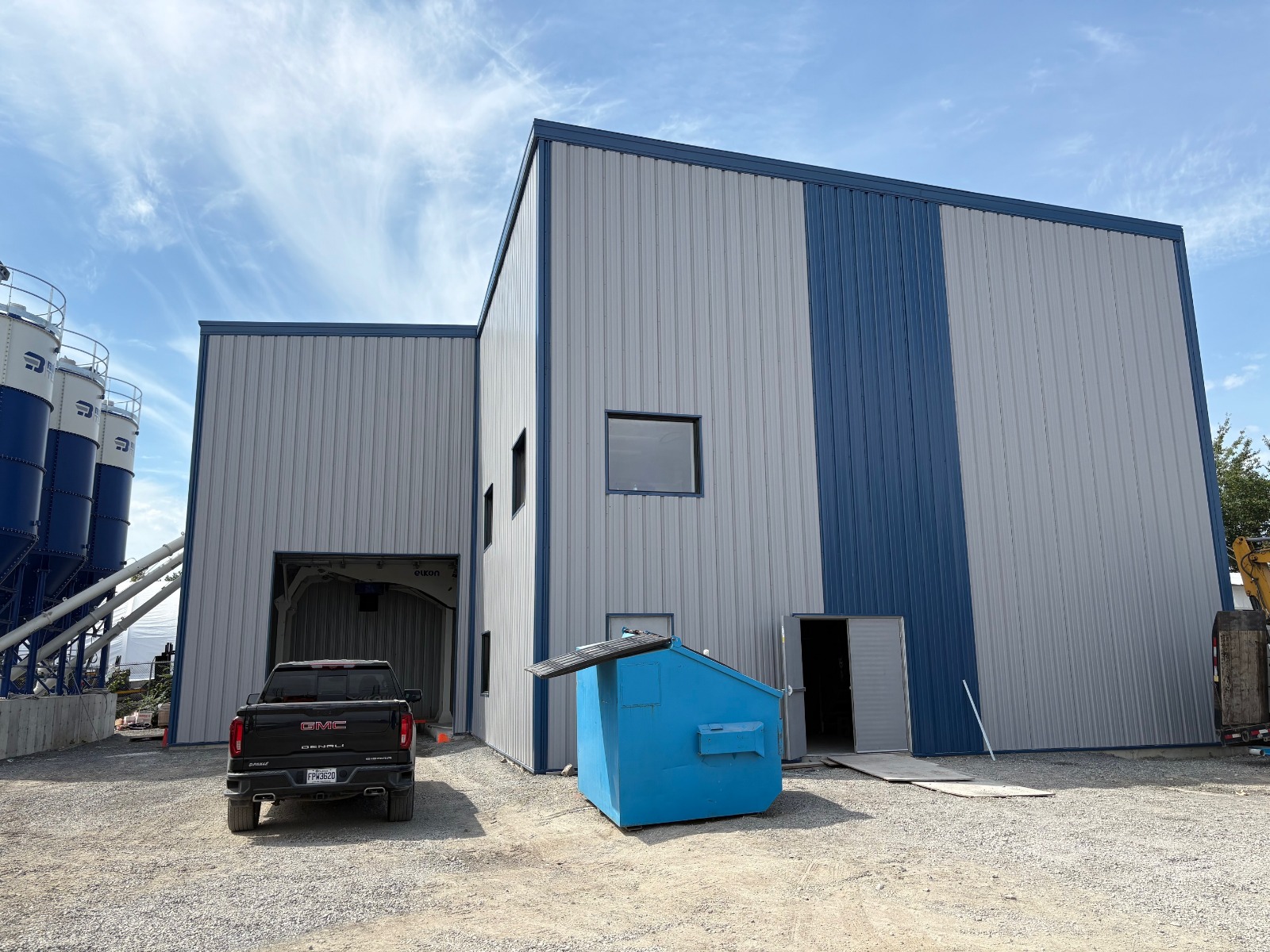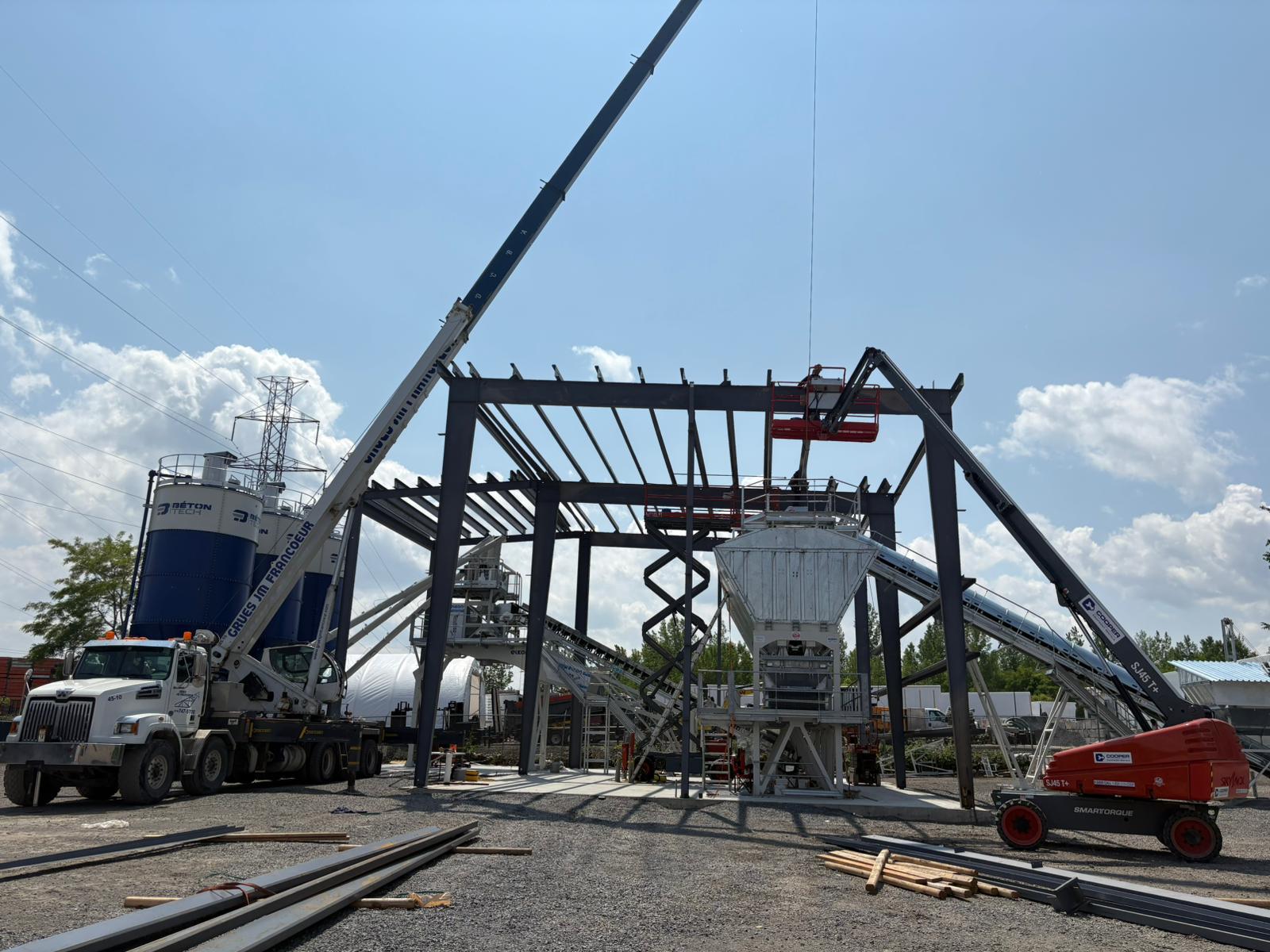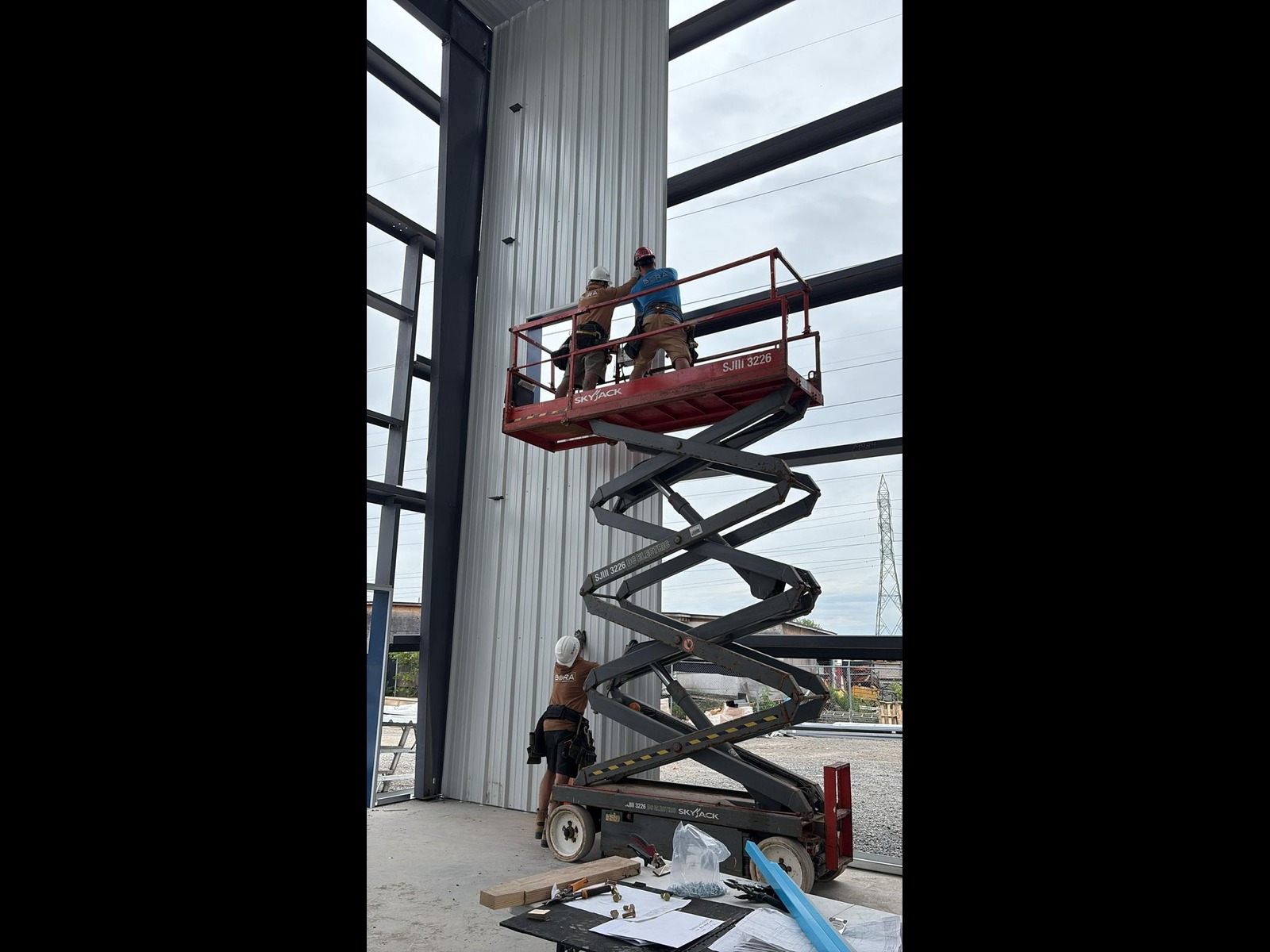The Advantages of Prefabricated Steel Buildings in the Agricultural Industry: A Superior Choice
In the agricultural industry, where reliability and durability are paramount, choosing the right infrastructure can have a significant impact on operations and long-term success. Among the many options available, prefabricated steel buildings stand out as a superior choice, offering a multitude of advantages over traditional wooden barns and other inferior structures.
Strength and durability:
One of the most compelling reasons to opt for prefabricated steel buildings is their unrivalled strength and durability. Unlike wooden barns, which are prone to rot, pests and weather damage over time, steel structures are virtually impervious to these threats. With a solid steel frame, these buildings can withstand extreme weather conditions, including heavy snow loads, high winds and even seismic activity, ensuring the safety of livestock, equipment and valuable agricultural crops.
Fast, efficient construction:
Time is of the essence in agriculture, and prefabricated steel buildings excel in this respect. With streamlined design and manufacturing processes, these buildings can be erected in a fraction of the time required for traditional construction methods. Prefabricated components are precisely engineered to fit together perfectly, eliminating the need for on-site welding or extensive customization. As a result, farmers can speed up expansion or renovation projects without sacrificing quality or structural integrity.
Versatility and customization :
Prefabricated steel buildings offer unrivalled versatility and customization options to meet the unique needs of farming operations. Whether it’s a livestock barn, storage facility, equipment shed or processing plant, steel structures can be tailored to meet specific dimensions, layouts and functionality. With clear-span interiors and customizable features such as insulation, ventilation and lighting, farmers have the flexibility to create optimized environments for their livestock, crops and equipment.
Low maintenance and long life :
Unlike wooden barns, which require regular maintenance, prefabricated steel buildings are extremely low-maintenance. Steel’s inherent resistance to rust, corrosion and decay means that these structures retain their structural integrity and aesthetic appeal for decades with minimal maintenance requirements. This translates into significant savings and peace of mind for farmers, enabling them to concentrate their time and resources on their core farming activities.
Ecological and sustainable:
At a time when sustainability is becoming increasingly important, prefabricated steel buildings offer ecological advantages over traditional building materials. Steel is a highly recyclable material, with a significant proportion of the steel used in construction coming from recycled sources. In addition, steel buildings can be designed with energy-efficient features such as reflective roofs, daylighting and insulation, reducing energy consumption and carbon footprint.
In conclusion, prefabricated steel buildings represent the pinnacle of agricultural infrastructure, offering unrivalled strength, durability, efficiency and sustainability. By choosing steel over inferior alternatives such as wooden barns, farmers can ensure the long-term success and viability of their operations. With the ability to withstand the rigors of agricultural environments while offering customizable solutions, prefabricated steel buildings are truly a superior choice for the modern agricultural industry.

